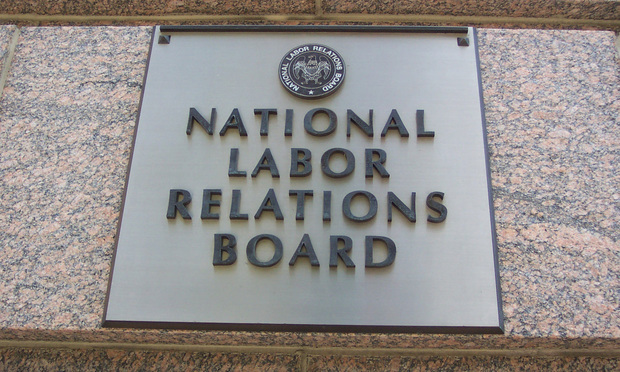The general counsel of the National Labor Relations Board is imbued by statute with unreviewable “final authority” with respect to the investigation of unfair labor practice charges and the issuance of complaints. As I learned while serving as NLRB general counsel from January 2006 through June 2010, this powerful authority – used judiciously – can be a useful tool in guiding national labor policy and, perhaps as important, keeping the NLRB as an institution from wandering into legal and policy fights that undermine, rather than enhance, its stature and effectiveness as an enforcement agency.
Granting the general counsel with this power was one of the most controversial issues surrounding the creation of the modern general counsel’s office under the Taft-Hartley Act in 1947. Many feared that the general counsel would become a “labor czar,” because he or she would have the sole power to prosecute unfair labor practices – there is no private right of action under the National Labor Relations Act. But the good use to which this power can be put is illustrated by a recently issued advice memorandum issued by the general counsel’s office in DynCorp International, Case 32-CA-157275.
This content has been archived. It is available through our partners, LexisNexis® and Bloomberg Law.
To view this content, please continue to their sites.
Not a Lexis Subscriber?
Subscribe Now
Not a Bloomberg Law Subscriber?
Subscribe Now
LexisNexis® and Bloomberg Law are third party online distributors of the broad collection of current and archived versions of ALM's legal news publications. LexisNexis® and Bloomberg Law customers are able to access and use ALM's content, including content from the National Law Journal, The American Lawyer, Legaltech News, The New York Law Journal, and Corporate Counsel, as well as other sources of legal information.
For questions call 1-877-256-2472 or contact us at [email protected]






